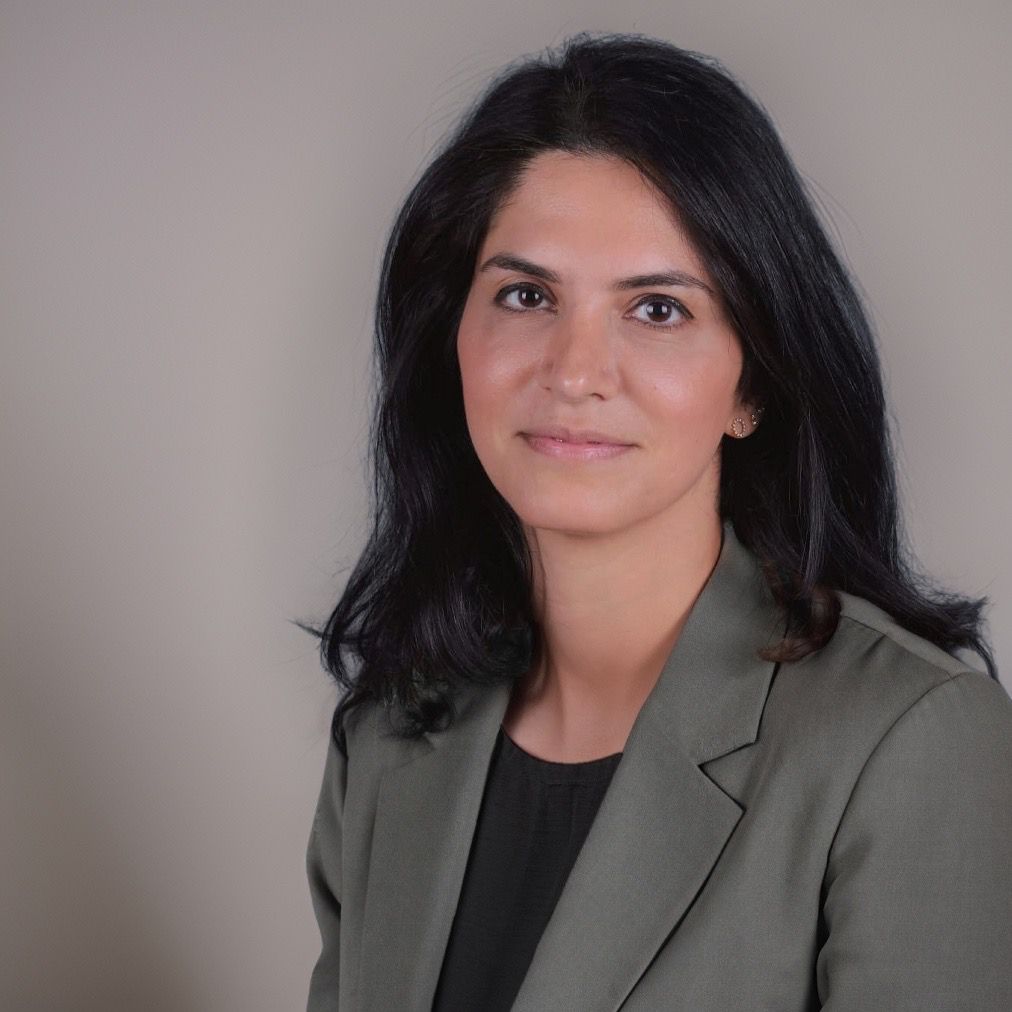Past Event
Recognition, Annexation, and the Future of the Abraham Accords
Date
Sep 17, 2025
About the event
On Sept. 22, a high-level international conference on a two-state solution to the Israeli-Palestinian conflict will resume during the 80th meeting of the United Nations General Assembly in New York. Co-chaired by Saudi Arabia and France, the conference aims to resuscitate the two-state framework for peace, embodied in a campaign for member states to recognize a Palestinian state. The initiative has already borne fruit, with important states, such as France, the United Kingdom, and Canada, pledging recognition. Political momentum for the campaign has come from the mounting death toll of more than 60,000 Palestinians from Israel’s ongoing campaign in Gaza following Hamas’ October 7, 2023 attacks, mounting evidence of famine among Gaza’s population, and the threat of expulsion. Mediation efforts to end the war have been scuttled by Israel’s attack on a meeting of the Hamas negotiating team in Qatar, a brazen attack on a close U.S. ally that has heightened Gulf nervousness about Israeli military actions and policy discourse. Meanwhile, discussion in Israel of plans to annex the majority of the West Bank have been met with strong regional condemnation, with one Emirati official calling it a red line that would undermine the vision and spirit of the Abraham Accords. The United States and Israel are expected to boycott the conference, as they did during the first session in late July.
What is behind Saudi and French efforts to revive the two-state solution? Will the U.N. summit have its intended effect? What are the possible consequences of the recognition of a Palestinian state outside of a negotiated settlement? With the Doha mediation channel seemingly closed, what other tools are at Gulf countries’ disposal to help end the war in Gaza? How are Israel’s actions affecting Gulf countries’ security calculus, and are they forcing a reconsideration of the Abraham Accords? And what questions do they raise about Washington’s reliability as a security guarantor?
The views represented herein are the author's or speaker's own and do not necessarily reflect the views of AGSI, its staff, or its board of directors.


